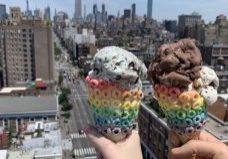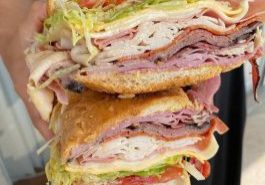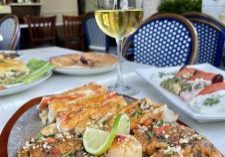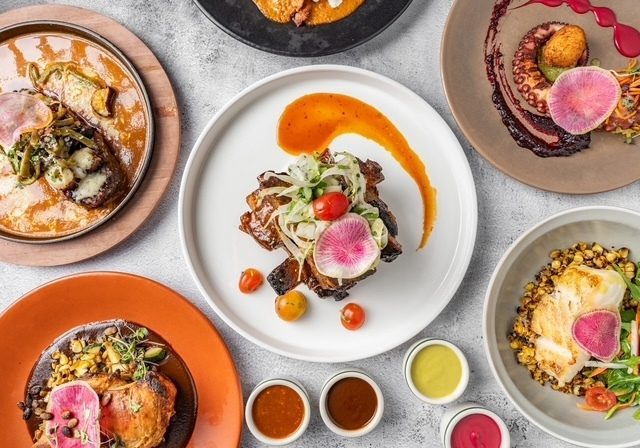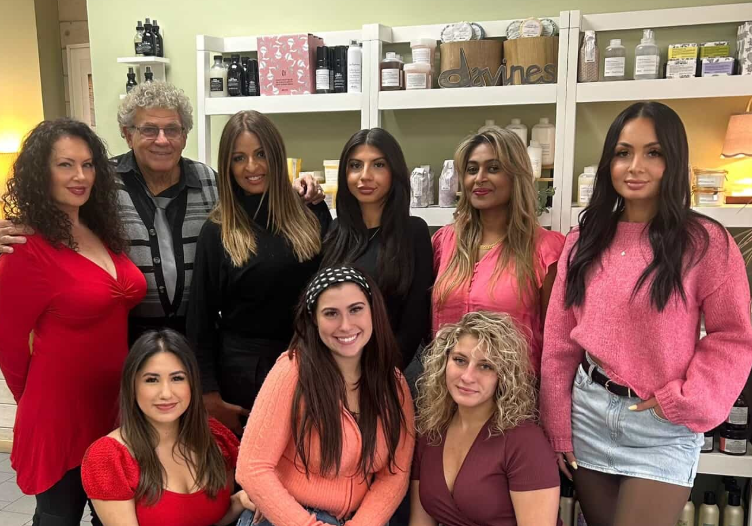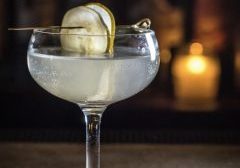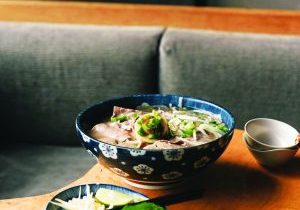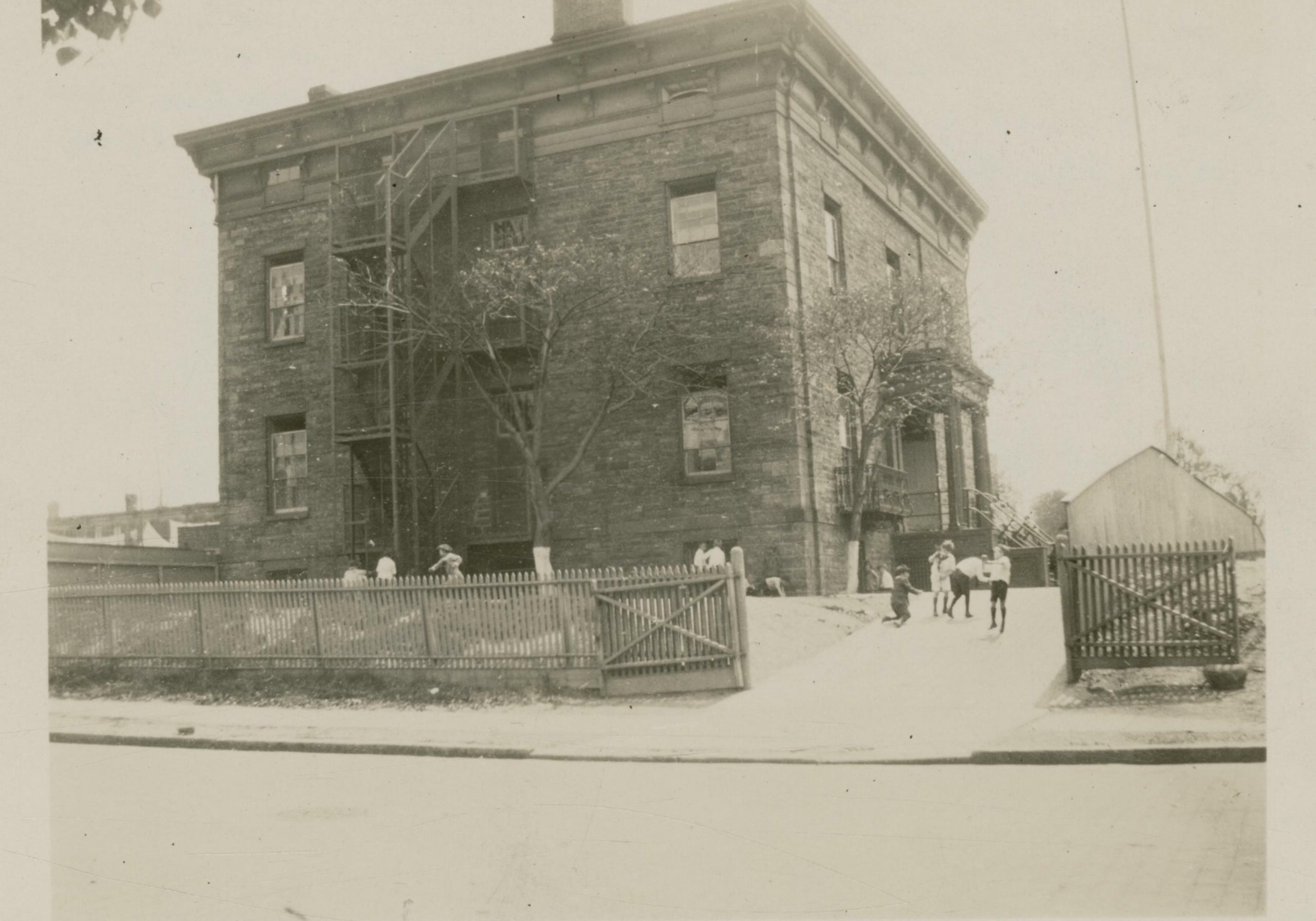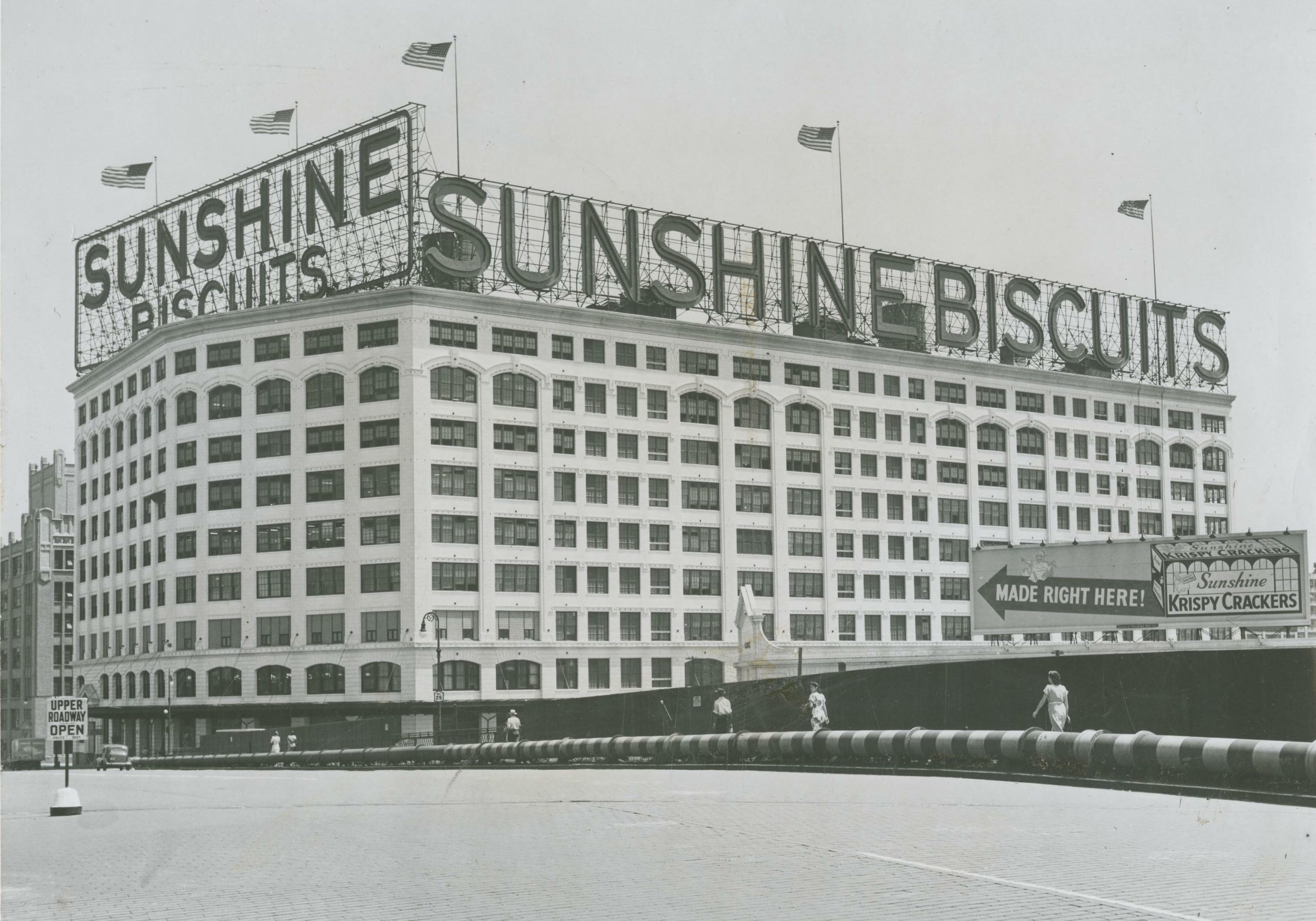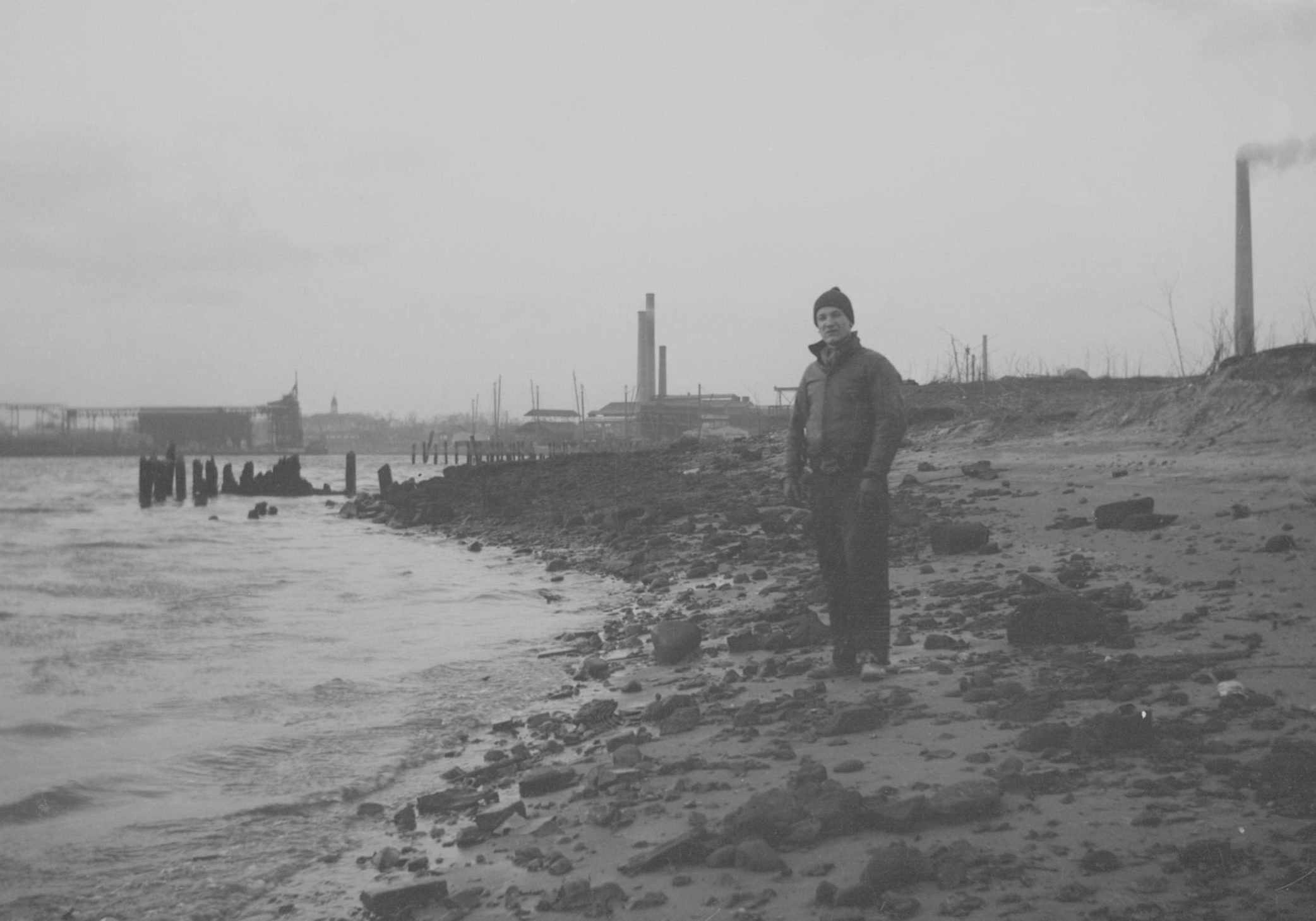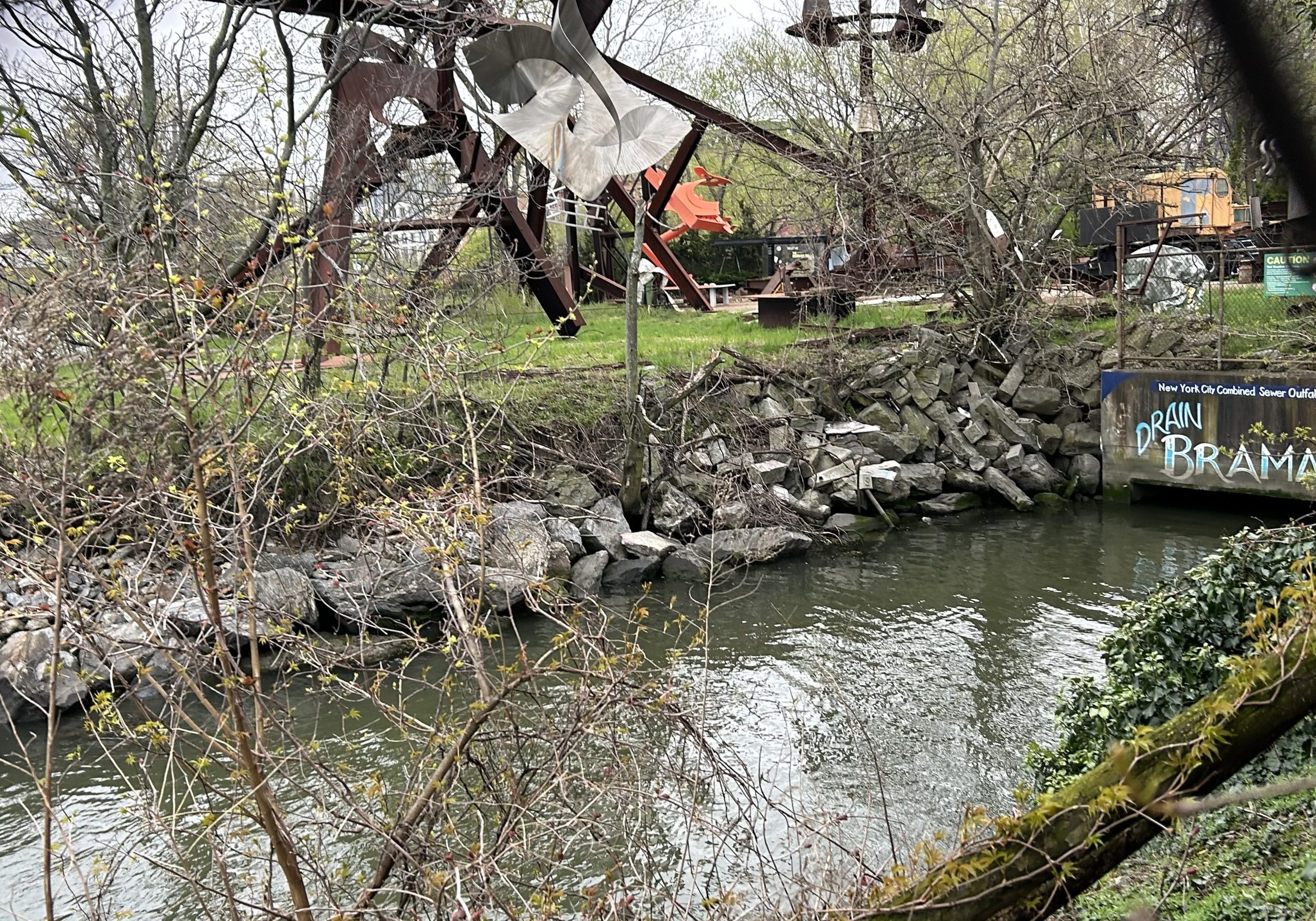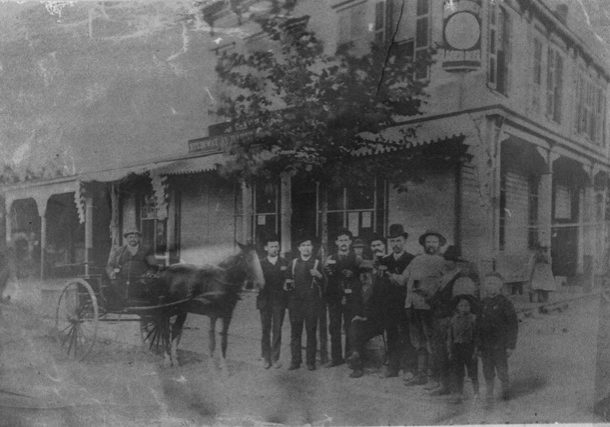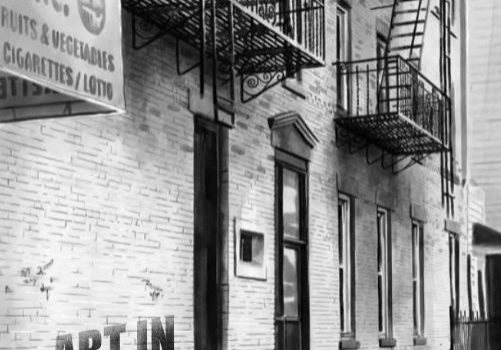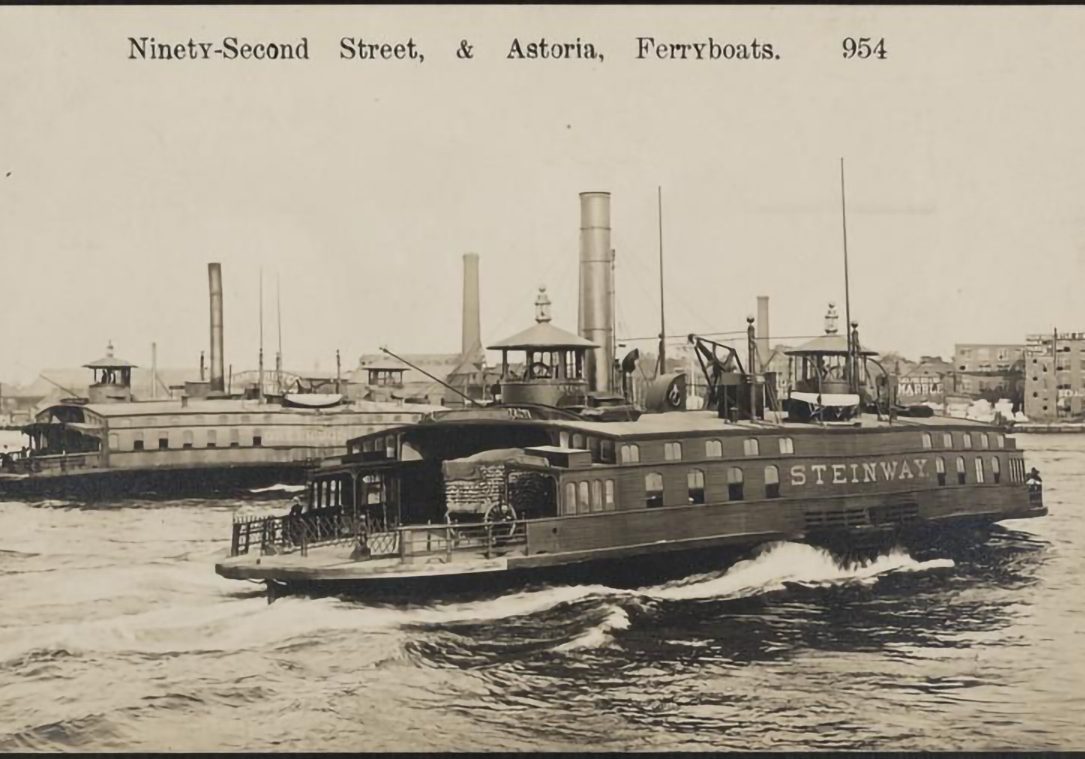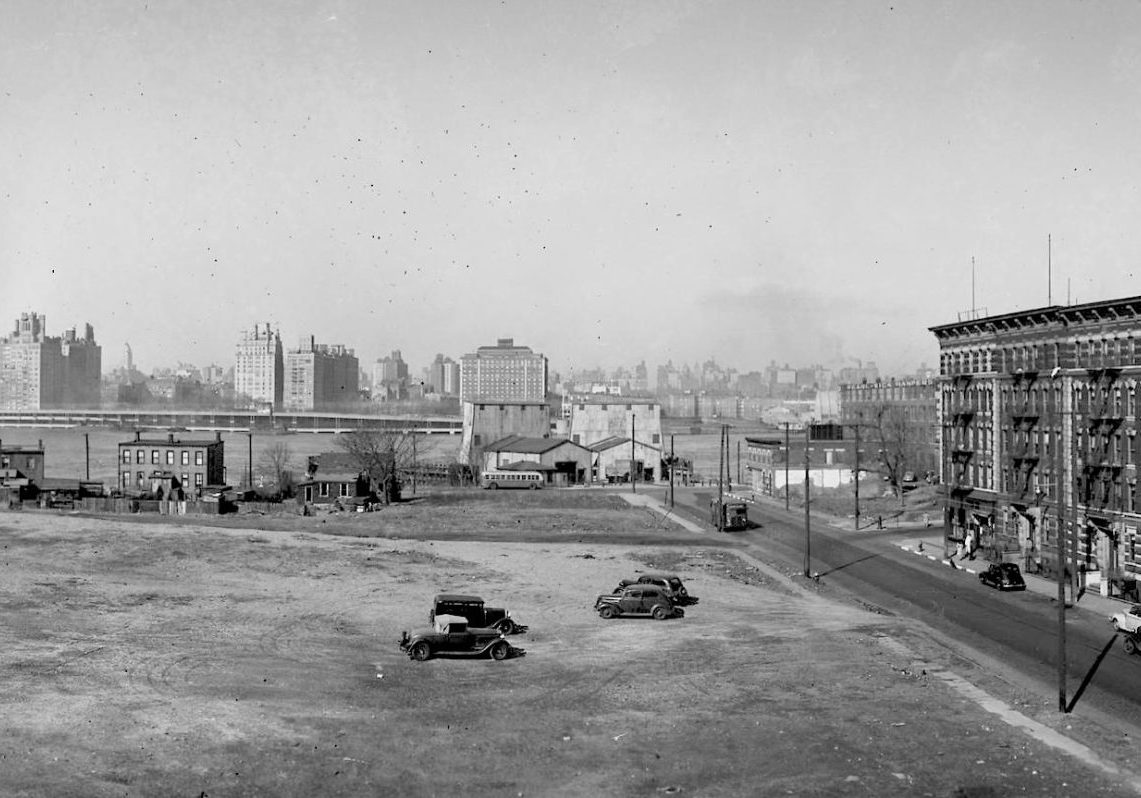Tony Meloni: Making a Difference in Astoria
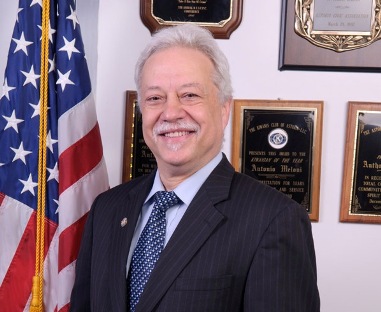
Tony’s accomplishments are numerous. To name a few, he’s the founder and executive director of the New York Anti-Crime Agency, Supervisor of the Second Chance Task Force, member and former president of the Astoria-LIC Kiwanis, Vice President of the Astoria Civic Association, Chair of Public Safety of Community Board 1, Execuiand many, many more organizations.
To put it simply: If you live in Astoria, Tony has probably made a difference in your life – without you even realizing it. We had a chance to talk to Tony and learn about some of his accomplishments, and the organizations he’s part of.
What made you want to be part of so many charity organizations?
I’ve just been in charity organizations since I was in my 20’s. I started in the 80’s – I founded the Astoria beautification coalition, where we did a LOT of clean ups. Astoria was really dirty at that time and we started with graffiti, the anti crime agency came out of that – it was a neighborhood beautification program.
You played a big part in the Second Chance Task Force – what did the force do, and how do you think it impacted the community?
The Second Chance Task Force was a way to help kids and teens that were arrested, and were given community service. We had a lot of kids – 250 in the past 20-something years. It really worked. I got to know the kids on a personal level. At this point they had already been charged, so they wouldn’t lie, they wouldn’t try to convince me of anything.
The program was extremely successful, we had a 96% success rate – meaning they didn’t get rearrested. We did everything with close supervision – we wanted it to be personal. It was a great learning experience for the kids, and for me as well. It was so successful it’s still going on 20 years later.
You’re also the executive director at Immigration Advocacy Services – an organization that helps with immigrants bring their families to the United States. How did that start?
I had just graduated college, and I worked for the at the Italian American Society Federation as the office director. We were doing lots of social service programs, and then Reagan passed legalization. Suddenly, immigration went from 20% of our work to 80% – and it was just organic for me to continue with that. The bottom line was re-unification. Immigrants would come over to make a better life, and we work to bring their families to them.
Why Astoria? Why did you pick this neighborhood to get so deeply involved in?
I love it because it is just one of those unique neighborhoods that you can’t explain to people unless they live here. When you travel, you always meet someone that says “Oh, I’m from Astoria – or their mother, cousin, someone. You always meet someone with a connection to Astoria.
There is a total feeling that comes from having great neighbors, fantastic businesses, a safe neighborhood, and diversity. You put that all together – good housing stock, proximity to everything – the only thing I hate is the air quality which stinks – outside of that, everything else is a win.
It’ll never be a white picket fence area –Its too urban and congested. But parts of Astoria are quiet and tree lined, other parts are hopping till 4 am or more – all within a couple of blocks. It’s everything you could want. There’s residents young and old and all in between.
You recently held a free program in Astoria Park – a self-defense class. Who does the class target, and what are the benefits?
The self-defense class is something we’ve been doing for decades. It’s mainly targeted to women – a lot of them are young mothers who realize they now have a small child to take care of, and in case something happens, they want to be prepared. We teach the class as there’s demand for it – and we teach anywhere, to anyone. We’ve done church groups to more than 250 women, and we’ve done small park classes with 15 women. It teaches a lot, and it really gives the students a sense of empowerment, and gives them an immense amount of knowledge on protecting themselves, and protecting others.
One of your latest projects is lighting up the Hell Gate Bridge – why do you want to light it up?
I think it’s something that will not only look wonderful, but something that fits the history of the bridge. It’s something that people will appreciate. We want the whole community involved – it’s something that will really benefit the neighborhood, and make it more beautiful.
Along with the bridge, you’re also trying to update the Veterans Memorial in Astoria Park – what changes are you looking for?
We’re working towards making the Veterans Memorial more well-kept, and we want to make it more inviting. It’s an important part of the neighborhood, and I think it should be updated and more welcoming.


